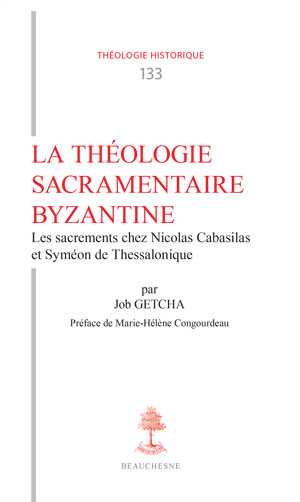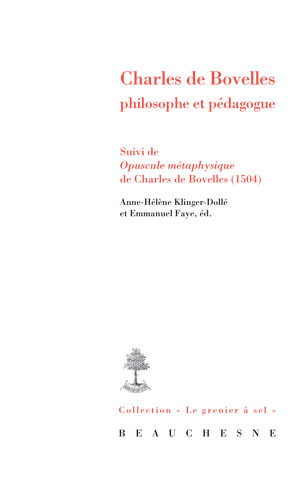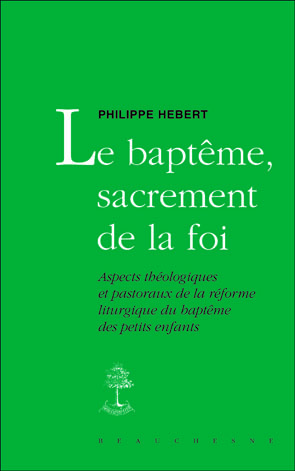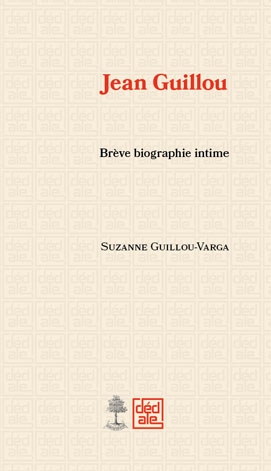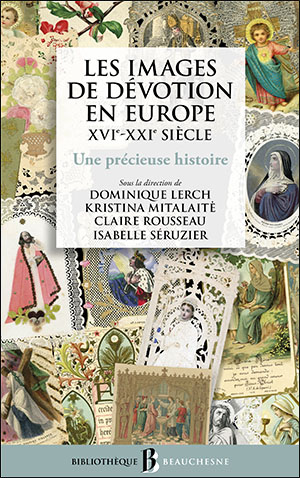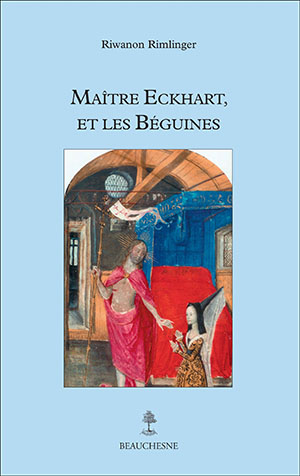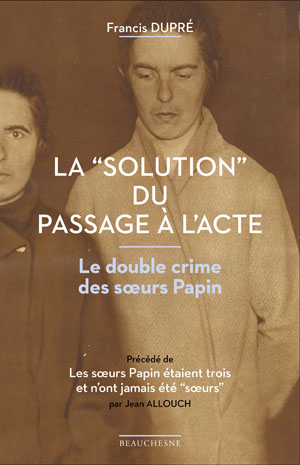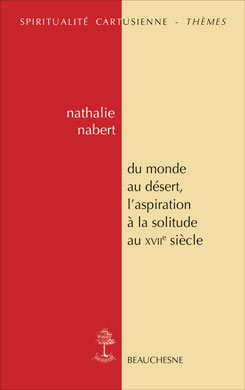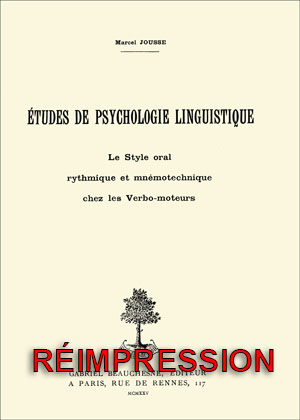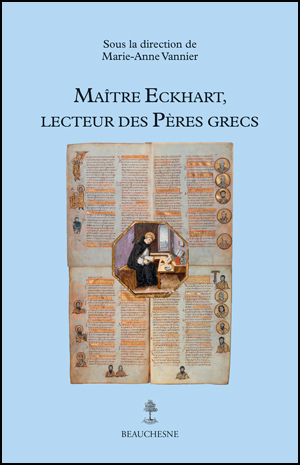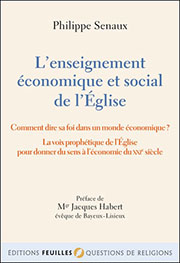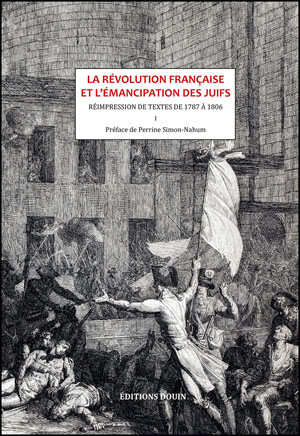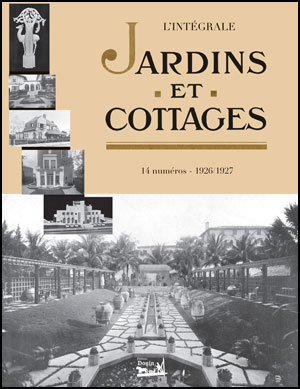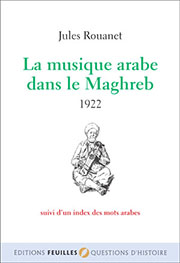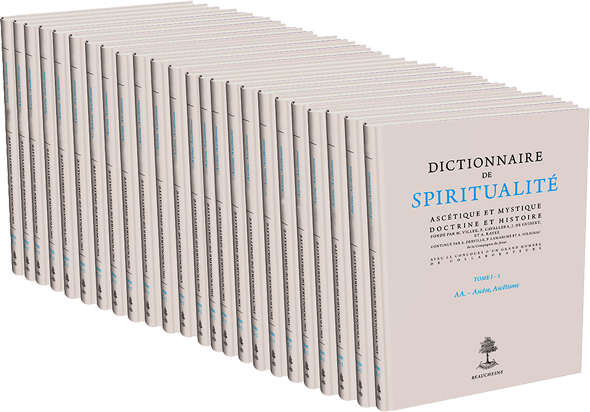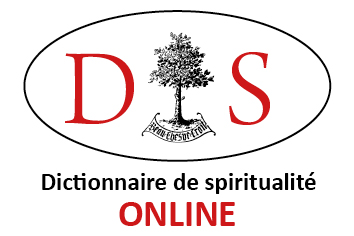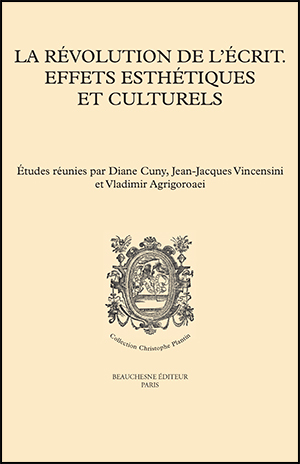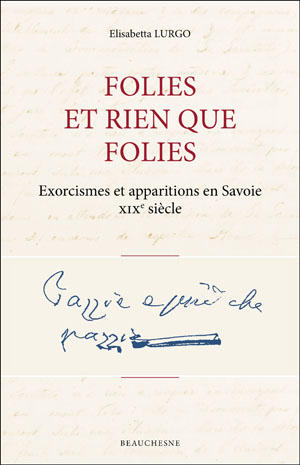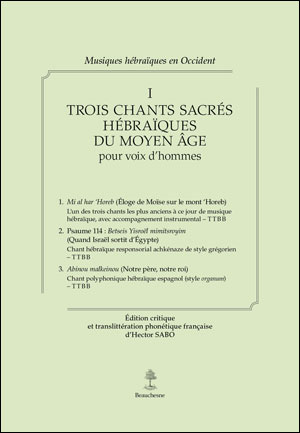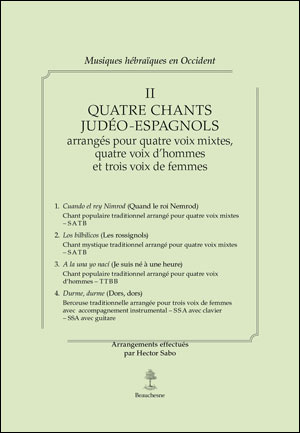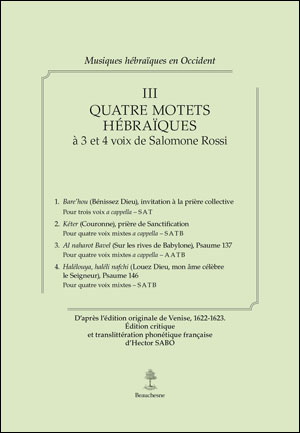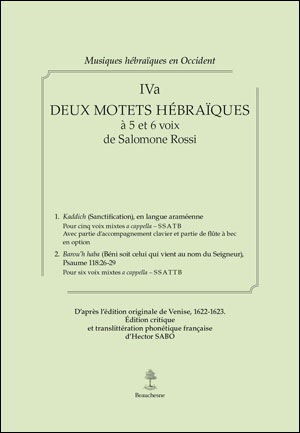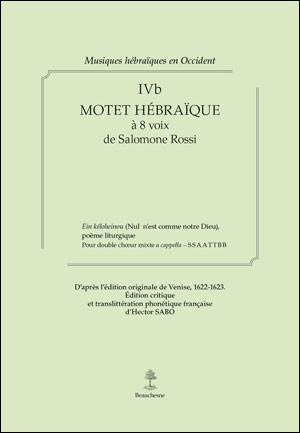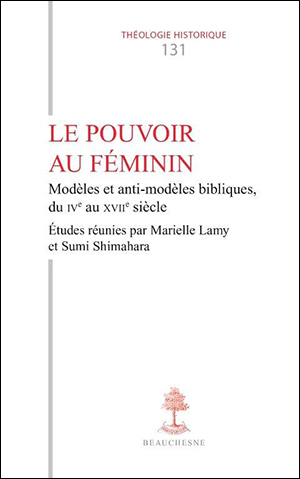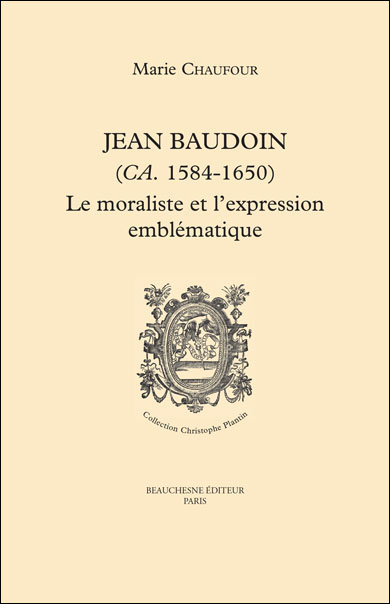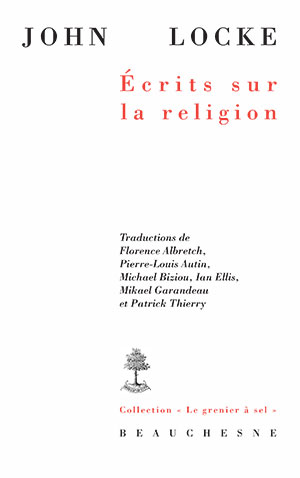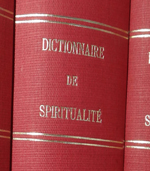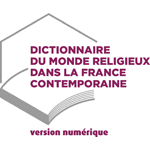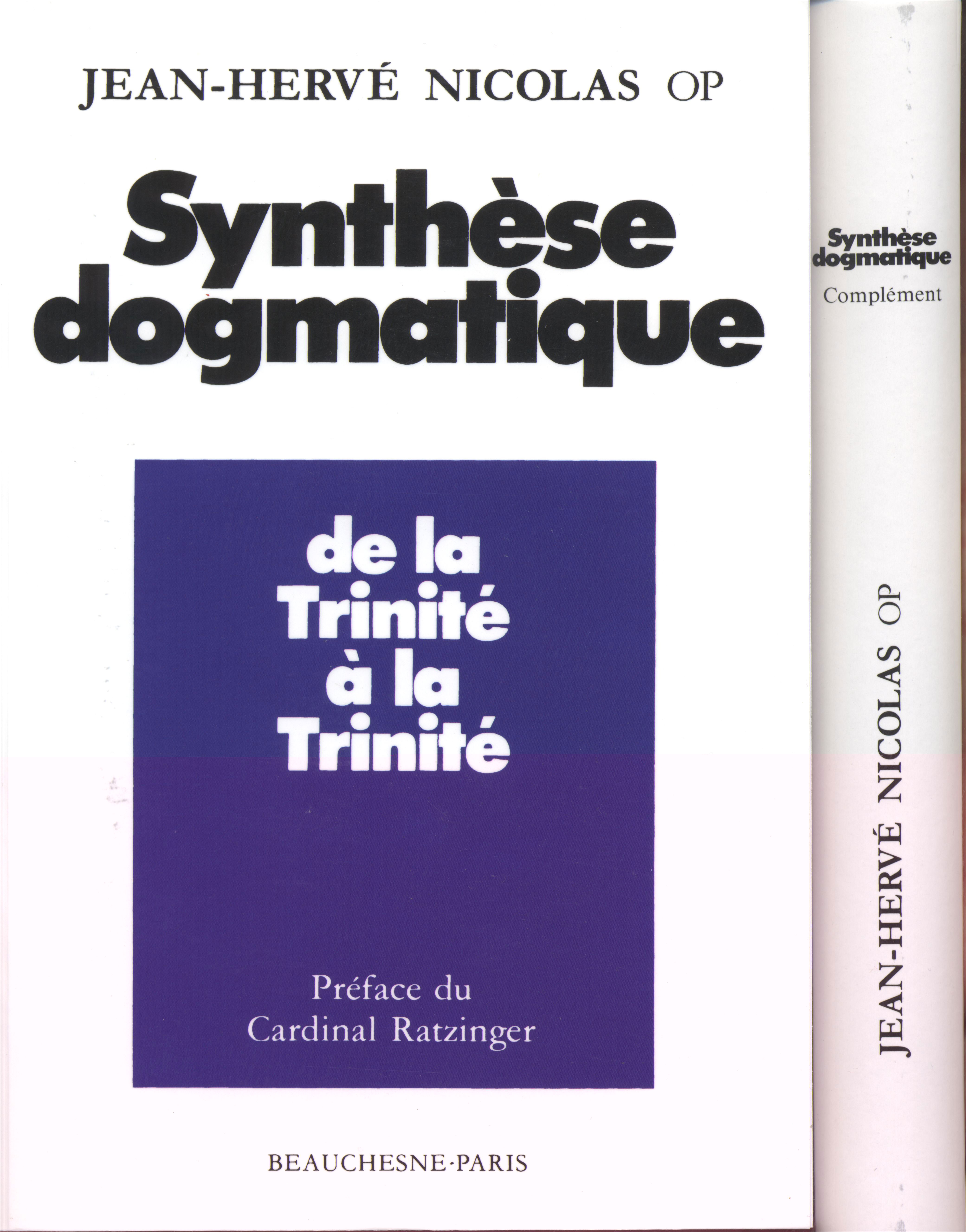55.00 €
BIBLE DE TOUS LES TEMPS N°4- LE MOYEN-ÂGE ET LA BIBLE
Date d'ajout : mardi 03 octobre 2017
par Jerry H. BENTLEY
SPECULUM 1986
THE WORK under review is the fourth of seven volumes planned for a collection with the general title Bible de Tous les Temps. As in the case of the Cambridge History of the Bible, the format calls for essays on specialized topics by various experts. The present volume includes twenty-four such essays divided into four main sections.
The first half of the book most closely resembles the Cambridge project. The first section, "Le livre," deals with fundamentals such as texts, redactions, translations, and diffusion of the Vulgate, also with the appearance of scholarly tools like glosses and concordances. Laura Light's contribution on the tangled textual history of the Vulgate during the Middle Ages deserves special mention for its thorough and balanced treatment of a difficult topic. The second section, "Etudier la Bible," stands out as the best unified of the volume. In three marvelous essays Pierre Riche, Jean Chatillon, and Jacques Verger deal respectively with the emergence of medieval exegesis in the Carolingian period, the increasing emphasis in the twelfth-century schools on dialectic and doctrine in biblical studies, and the predominantly literal and theological exegesis associated with the medieval universities. Aryeh Graboïs surveys rabbinic exegesis, and in an essay of considerable interest Jacques Dubois explores the degree to which medieval monks understood the Scriptures.
The second half of the book undertakes to consider the medieval influence of the Bible in terms much broader than those of the Cambridge History of the Bible. The third section, "Vivre la Bible," includes ten essays that examine the influence of the Scriptures on monasticism, canon law, art, hagiography, preaching, and liturgy. Among the more interesting contributions here are Pierre Riche's analysis of biblical influence on Carolingian political and social thought and Edina Boz6ky's survey of the manifold influence of the apocrypha on medieval literature, art, and doctrine. The fourth section, "Bible et nouveaux problemes de Chretiente," presents three essays that illustrate brilliantly the importance of taking a broad-gauged approach to the study of the
Bible's influence during the Middle Ages. Lester Little examines the role of the Bible in debates on morality and ethics that arose after the commercial revolution, the establishment of a money economy, and the rise in population of the high Middle Ages. Andre Vauchez argues for considerable biblical influence on the lay confraternities of the later Middle Ages. Finally, Robert Lerner analyzes the fundamentalist approaches to Scripture taken by the popular heresies of the central and later Middle Ages.
The editors of this volume thus conceived of its contents in admirably broad terms, but they unfortunately confined it to narrow geographical limits. Only one essay of the entire volume ventures outside the boundaries of western Europe - Bozoky's study of the influence of the apocrypha, which dedicates a short section to the Byzantine world. Apart from this limitation the volume succeeds in its effort to provide a state-of-the-art account of scholarship on the history of the Bible in the Middle Ages. Indeed, many of the essays go beyond the minimum requirements of such a volume and present the results of new research, or at least address an old problem from a fresh point of view. Medieval studies will greatly benefit if scholars accept the implicit challenge of these essays and consider afresh the influence of the Bible on medieval life and thought.
THE WORK under review is the fourth of seven volumes planned for a collection with the general title Bible de Tous les Temps. As in the case of the Cambridge History of the Bible, the format calls for essays on specialized topics by various experts. The present volume includes twenty-four such essays divided into four main sections.
The first half of the book most closely resembles the Cambridge project. The first section, "Le livre," deals with fundamentals such as texts, redactions, translations, and diffusion of the Vulgate, also with the appearance of scholarly tools like glosses and concordances. Laura Light's contribution on the tangled textual history of the Vulgate during the Middle Ages deserves special mention for its thorough and balanced treatment of a difficult topic. The second section, "Etudier la Bible," stands out as the best unified of the volume. In three marvelous essays Pierre Riche, Jean Chatillon, and Jacques Verger deal respectively with the emergence of medieval exegesis in the Carolingian period, the increasing emphasis in the twelfth-century schools on dialectic and doctrine in biblical studies, and the predominantly literal and theological exegesis associated with the medieval universities. Aryeh Graboïs surveys rabbinic exegesis, and in an essay of considerable interest Jacques Dubois explores the degree to which medieval monks understood the Scriptures.
The second half of the book undertakes to consider the medieval influence of the Bible in terms much broader than those of the Cambridge History of the Bible. The third section, "Vivre la Bible," includes ten essays that examine the influence of the Scriptures on monasticism, canon law, art, hagiography, preaching, and liturgy. Among the more interesting contributions here are Pierre Riche's analysis of biblical influence on Carolingian political and social thought and Edina Boz6ky's survey of the manifold influence of the apocrypha on medieval literature, art, and doctrine. The fourth section, "Bible et nouveaux problemes de Chretiente," presents three essays that illustrate brilliantly the importance of taking a broad-gauged approach to the study of the
Bible's influence during the Middle Ages. Lester Little examines the role of the Bible in debates on morality and ethics that arose after the commercial revolution, the establishment of a money economy, and the rise in population of the high Middle Ages. Andre Vauchez argues for considerable biblical influence on the lay confraternities of the later Middle Ages. Finally, Robert Lerner analyzes the fundamentalist approaches to Scripture taken by the popular heresies of the central and later Middle Ages.
The editors of this volume thus conceived of its contents in admirably broad terms, but they unfortunately confined it to narrow geographical limits. Only one essay of the entire volume ventures outside the boundaries of western Europe - Bozoky's study of the influence of the apocrypha, which dedicates a short section to the Byzantine world. Apart from this limitation the volume succeeds in its effort to provide a state-of-the-art account of scholarship on the history of the Bible in the Middle Ages. Indeed, many of the essays go beyond the minimum requirements of such a volume and present the results of new research, or at least address an old problem from a fresh point of view. Medieval studies will greatly benefit if scholars accept the implicit challenge of these essays and consider afresh the influence of the Bible on medieval life and thought.
Moteur de recherche www.editions-beauchesne.com
Le moteur peut rechercher dans différents champs :
- Un nom d’auteur (AUTEUR)
- Un mot du titre (TITRE)
- Un ISBN
- Un mot du texte de présentation (TEXTE)
- Un mot du sommaire ou de la table des matières (SOMMAIRE).
La recherche dans les champs TEXTE et SOMMAIRE peut être un peu longue.
En cliquant sur un resultat la fiche du livre correspondant s'ouvre dans un nouvel onglet.
Search engine www.editions-beauchesne.com
The engine can search in different fields:
- An author's name (AUTEUR)
- A word from the title (TITRE)
- An ISBN
- A word from the presentation text (TEXTE)
- A word from the summary or the table of contents (SOMMAIRE).
The search in the TEXTE and SOMMAIRE fields may take some time.
Clicking on a result open the book's sheet in a new tab.


